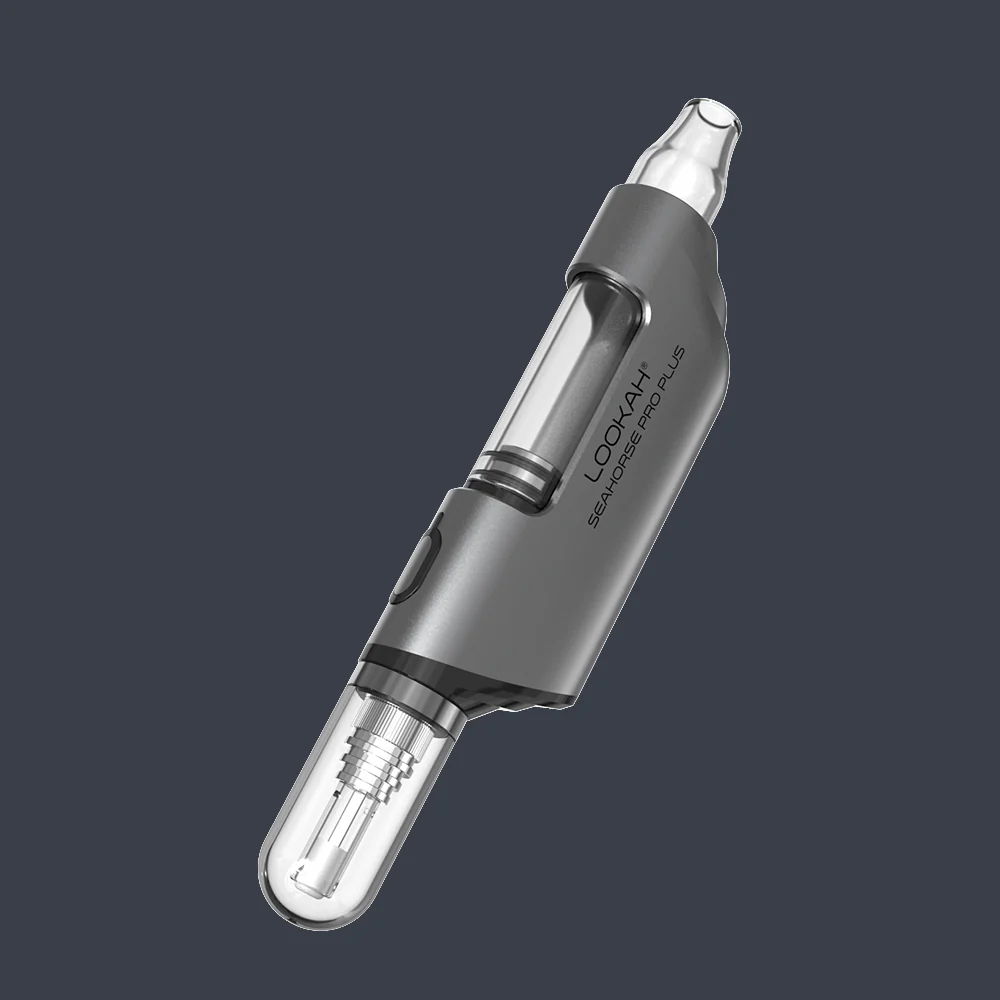
Understanding NVQ Level 7: An Overview
What is the NVQ Level 7 Health Safety Qualification?
The NVQ Level 7 Health Safety Qualification is a professional credential that accredits individuals in strategic health and safety management. This qualification is equivalent to a master’s degree and is tailored for professionals aiming to make impactful improvements within their organizations. It emphasizes a thorough understanding of health and safety principles, risk management, leadership, and the implementation of necessary regulatory frameworks. Candidates are expected to demonstrate their ability to apply theoretical knowledge to practical situations, thus reinforcing best practices in health and safety management.
Importance of Health and Safety Leadership
Effective leadership in health and safety is paramount for fostering a culture of safety within an organization. This qualification trains leaders to proactively manage risks, enhance employee engagement, and promote safety as a core organizational value. Strong leadership directly correlates with reduced accident rates and enhanced overall employee well-being. As businesses face increasingly complex regulatory environments, leaders equipped with an NVQ Level 7 qualification can navigate these challenges with confidence, ensuring compliance and safeguarding their workforce.
Key Differences Between NVQ Levels 6 and 7
While both NVQ Level 6 and Level 7 are centered on health and safety, the primary difference lies in the depth of study and the expected outcomes. NVQ Level 6 is generally more focused on operational management, while Level 7 emphasizes strategic leadership. Candidates at Level 7 engage more in policy formulation and high-level decision-making, dealing with long-term health and safety strategies that align with organizational goals. This advanced qualification requires learners to integrate management theories and leadership practices, preparing them for executive roles within organizations.
Core Components of NVQ Level 7 Health Safety Answers
Critical Units of Study
NVQ Level 7 encompasses several key units that are crucial for competency in health and safety management. Examples include:
- Risk Assessment and Management: Understanding the principles of risk assessment and how to implement risk management strategies in varied organizational contexts.
- Leadership and Organizational Behavior: Examining how organizational culture and leadership styles impact health and safety outcomes.
- Regulatory Frameworks: Familiarizing oneself with the relevant laws and standards that govern health and safety practices in the UK.
- Emergency Management: Developing skills to manage crises and emergencies effectively, ensuring that health and safety protocols are adhered to under pressure.
Assessment Criteria Explained
Assessment for NVQ Level 7 is primarily through portfolio submission, where candidates demonstrate their competencies through reflective accounts, work-based evidence, and practical applications of theory. The assessment criteria are designed to gauge a candidate’s understanding of health and safety concepts and their ability to implement these in real-world scenarios. Evaluators look for:
- Evidence of strategic planning and implementation of health and safety initiatives.
- Engagement with stakeholders to drive health and safety improvements.
- Critical analysis of health and safety policies and their impact on organizational effectiveness.
Building a Reflective Portfolio
A reflective portfolio is central to NVQ Level 7 assessments. It serves as a comprehensive showcase of a candidate’s professional experience and competencies. To build an effective portfolio:
- Collect Evidence: Gather documents, reports, and feedback that illustrate your health and safety management capabilities.
- Reflect on Experiences: Include reflective accounts that analyze your decision-making processes and the outcomes of your actions.
- Follow Structured Guidance: Adhere to your course guidelines for compiling your portfolio, ensuring that it meets all criteria outlined by your assessors.
Common Challenges in Completing NVQ Level 7 Assessments
Time Management Issues
Balancing work responsibilities, study commitments, and personal life can be challenging for NVQ Level 7 candidates. This qualification demands a significant investment of time and effort, leading to feelings of overwhelm. Many candidates report that they struggle to find adequate time to conduct research, compile their portfolios, and prepare for assessments.
Understanding Assessment Requirements
Another common hurdle is the complexity of the assessment requirements. Candidates may find it difficult to interpret the specific guidelines for each unit, which can lead to underperformance in their submissions. Misunderstanding the criteria can hinder progress and affect overall grades.
Solution: Effective Study Strategies
To overcome these challenges, candidates should implement effective study strategies:
- Create a Study Schedule: Plan out dedicated study time to focus on specific topics or portfolio tasks weekly, breaking them down into manageable parts.
- Seek Clarification: Don’t hesitate to ask tutors or assessors for clarification regarding assessments or topics that are unclear.
- Join Study Groups: Engaging with peers can provide alternative perspectives and insights, making difficult concepts easier to understand.
Best Practices for Crafting Effective NVQ Level 7 Health Safety Answers
Research and Evidence Gathering
Thorough research underpins effective NVQ Level 7 health safety answers. Candidates should focus on gathering credible sources, including academic articles, industry reports, and case studies. Utilizing an array of data strengthens arguments and demonstrates a comprehensive understanding of health and safety issues.
Leveraging Industry Standards and Guidelines
Integrating established health and safety standards, such as those from the Health and Safety Executive (HSE), can enhance the quality of your answers. Referencing recognized frameworks not only adds credibility but also illustrates awareness of compliance requirements within the industry.
Applying Real-World Scenarios
To make responses compelling, candidates should inject real-world scenarios into their answers. Providing examples that demonstrate the application of health and safety principles highlights practical understanding and showcases the ability to implement strategies effectively. Candidates can draw on their own experiences or well-documented case studies from reputable sources.
Resources for NVQ Level 7 Health Safety Success
Online Platforms and Learning Communities
Engaging with online platforms and learning communities dedicated to health and safety can provide invaluable support. Websites such as NVQ Level 7 health safety answers offer resources, sample answers, and forums where candidates can connect with peers and share insights.
Books and Materials for Deep Learning
Investing in quality textbooks and learning materials is crucial for deepening your understanding of health and safety concepts. Consider resources that cover regulatory frameworks, risk management techniques, and leadership theories. These materials can provide essential knowledge that aids both in studying for assessments and in practical applications.
Conclusion: Tips for Ongoing Professional Development
Achieving an NVQ Level 7 in Health and Safety is just the beginning of a continuous professional journey. Engaging in ongoing development through further study, training workshops, and professional compliance updates is essential. Networking with other professionals in the field and joining relevant organizations can provide further learning opportunities and bolster career advancement.







